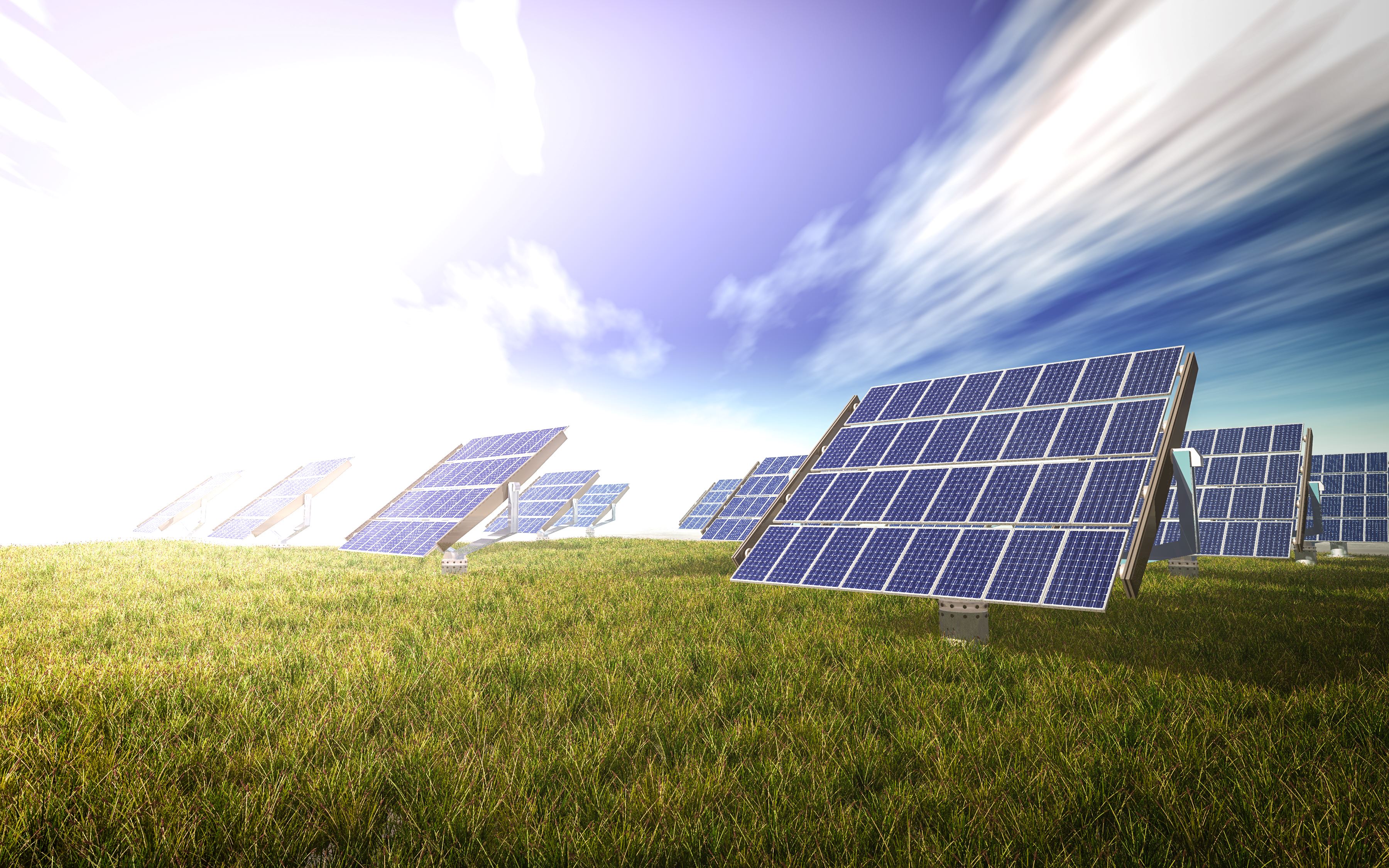The Republic of Moldova has set multiple objectives in the field of renewable energy with the aim of reducing dependence on energy imports and promoting greater sustainability of the national energy system.
Wind energy, solar energy, hydro energy, and biomass are the most important domestic resources for obtaining renewable energy. Since 2018, the installed capacity of all sources for electricity production has been continuously increasing and reached 206.8 megawatts (MW) at the end of 2022, compared to 61.6 MW at the end of 2018. However, this is still not sufficient to have a significant impact on the overall energy mix.
The existing capacities of renewable electricity production recorded in January 2023 are as follows:
• Wind installations (56%) - 115.10 MW
• Photovoltaic power plants, including net metering (29%) - 60.13 MW
• Hydroelectric power plants (8%) - 16.25 MW
• Biogas cogeneration power plants (7%) - 15.33 MW
Photovoltaic installations have experienced a growth in electricity production capacities through photovoltaic installations, including net metering, from 4.02 MW in 2018 to 60.13 MW in 2022, an increase of nearly 15 times in 5 years.
Wind installations have seen a three-fold increase in electricity production capacities, from 35.6 MW in 2018 to 115.1 MW in 2022.
Biogas cogeneration power plants have increased their electricity production capacities by almost 2.7 times, from 5.7 MW to 15.3 MW.
In order to increase the share of renewable energy in the country's energy mix, the Ministry of Energy has established several objectives, including:
Development of renewable energy: The Republic of Moldova aims to increase the share of renewable energy in the energy mix to 40% by 2030. To achieve this objective, the government has implemented a number of projects aimed at developing renewable energy sources. Through Government Decision No. 401/2021, the Republic of Moldova has committed to supporting the construction of 410 MW of new renewable energy capacities, with a focus on wind, solar, and other non-variable renewable sources such as biomass, biogas, and small hydroelectric power plants.
Improvement of the electricity grid: To ensure the efficient integration of renewable energy into the national electricity grid, the Republic of Moldova aims to modernize and improve the infrastructure of the electricity grid. The establishment of local energy communities will be facilitated, and commercial energy exchanges between local consumers will be encouraged. These measures are essential for the development of distributed electricity generation and ensuring the success of the energy transition.
Promotion of electric vehicles: The Republic of Moldova has developed a program to promote electric vehicles, which aims to support the development of charging infrastructure and provide financial incentives for the purchase of electric vehicles. These objectives reflect the commitment of the Republic of Moldova to promoting a greener and more sustainable economy and are in line with international commitments to combat climate change.
These objectives can be achieved through various measures, such as:
- Supporting investments in renewable energy production through subsidies or other forms of support for investors and developers.
- Promoting innovative technologies for renewable energy production through research and development programs and stimulating innovation in the energy sector.
- Developing the necessary infrastructure for the integration and transport of renewable energy, such as distribution networks and energy storage systems.
- Encouraging the use of renewable energy in various sectors, such as transportation, electricity production, and heating and cooling of buildings, through fiscal policies or other regulatory instruments.
- By implementing these measures, the Ministry of Energy contributes to increasing the share of renewable energy in the total energy consumption, reducing dependence on fossil energy sources, and improving energy security.
